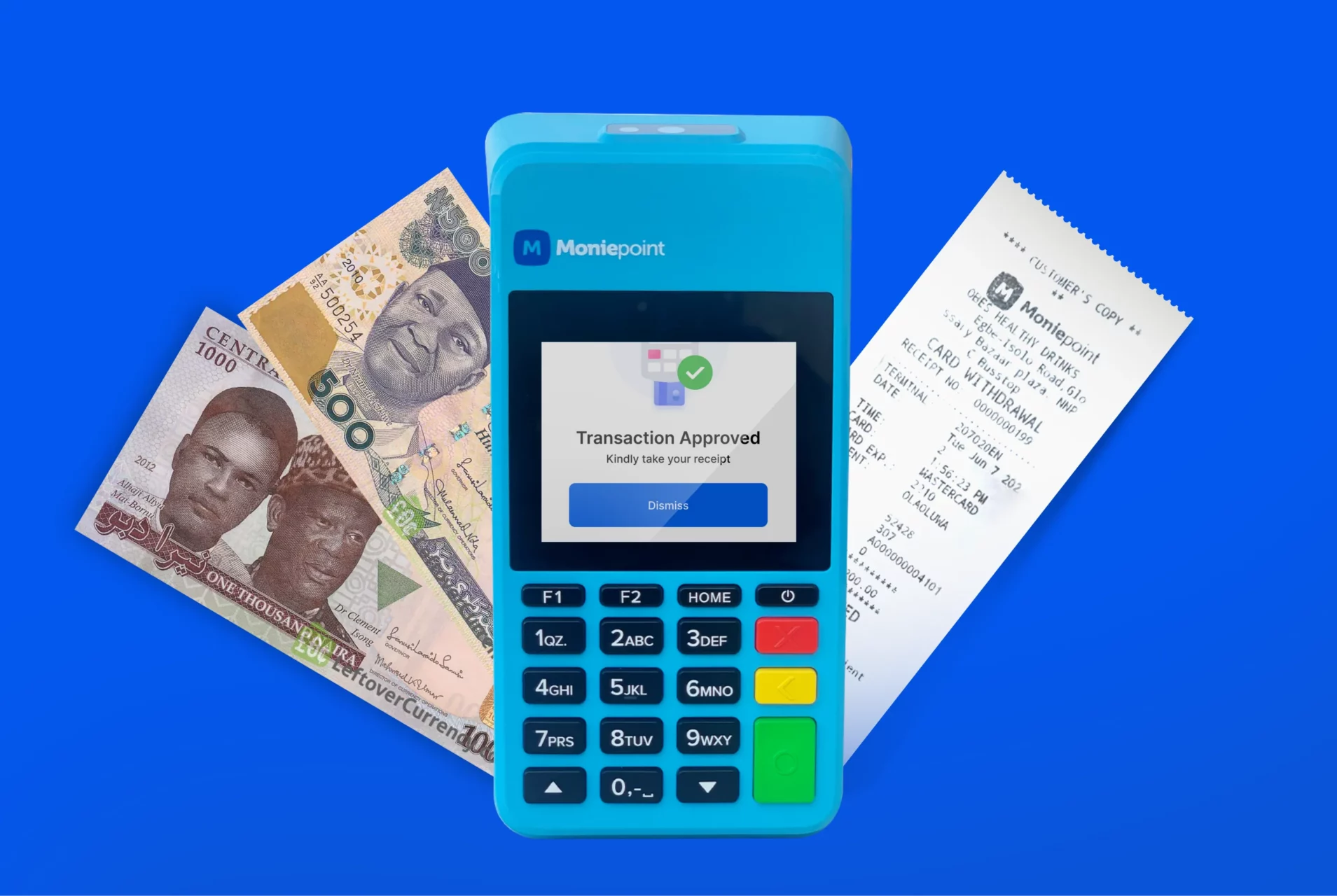In 2020, Nigerian fintech, Apex Network, began as a platform providing basic digital and financial services. However, a year later, the company spotted a gap. While cryptocurrencies were gaining traction in Nigeria, cashing out remained risky.
This led to a new trajectory for the company.
By 2021, it introduced its crypto-to-cash and gift card exchange system, targeting Nigeria’s growing base of early crypto adopters.
What began as a solution for enthusiasts grew into a large-scale operation. Five years after its launch, Apex Network has grown into a pan-African fintech player, now serving over 200,000 customers across Nigeria, Ghana, Kenya, Zambia, Cameroon, and the Central African Republic.
The motivation behind Apex
When Apex Network first launched in 2020, it was focused on offering traditional finance and digital services. However, the team observed that many Nigerians were facing difficulties in finding a safe and reliable way to convert crypto into cash.
This had been a problem since Bitcoin gained popularity in Nigeria in 2015, when the MMM Ponzi scheme drew public attention to using Bitcoin as a payment channel.
After the scheme collapsed, young Nigerians began experimenting with peer-to-peer (P2P) Bitcoin trading platforms.
By 2020, Nigeria had become one of the world’s largest markets for crypto adoption and P2P Bitcoin trading, with a valuation of nearly $1 billion.
Between 2015 and 2020, Nigerians exchanged about $566 million worth of Bitcoin. And while this prompted regulatory concerns from the Central Bank of Nigeria (CBN) and government bodies, it did nothing to deter the adoption in Nigeria.

Victoria Fakiya – Senior Writer
Techpoint Digest
Make your startup impossible to overlook
Discover the proven system to pitch your startup to the media, and finally get noticed.
There was a huge appetite for crypto, but the risks were considerable.
These P2P exchanges typically matched buyers and sellers but exposed users to transaction delays, scams, crypto fraud, and failed payments, making the process high-risk.
“Nigeria was one of the fastest growing regions for crypto adoption, especially among young-tech-savvy users, seeking cheaper remittances and faster payments, but people needed a secure way to exchange,” Gbenga Ogunbiyi, Head of Brands and Marketing at Apex Network, tells Techpoint Africa.
Apex saw an opportunity to build a trusted intermediary platform where users could exchange cryptocurrency for cash without the uncertainty of the P2P marketplace.
The idea was simple: to make it possible for anyone holding Bitcoin, Solana, or other cryptocurrencies to swap them for local cash without the risks associated with informal exchanges.
Inside the perks of being Apex
At its core, Apex Network operates as both a crypto exchange and a fintech super app. Beyond crypto-to-cash conversions, the company offers gift-card exchanges, utility bill payments, and USD virtual cards.
This combination of multiple services on one platform creates a stickiness beyond crypto-to-cash trading.
The company rewards loyal users with referral bonuses. It says the traction comes from a mix of consumer trust, referrals, and a 24/7 customer support system.
“What makes us unique is our licences, which show that we are compliant, our fast payout and transaction speed, our customer 24/7 support system, and our transparent rates,” Ogunbiyi says.
Unlike early P2P exchanges, Apex leans heavily on compliance and security. Users go through the Know Your Customer (KYC) checks in line with the CBN rules.
“We have filed with Nigeria’s Securities and Exchange Commission (SEC), obtained multiple ISO certifications, anti-money laundering certification, and even have licences in the US and Canada,” Ogunbiyi states.
“Aside from that, we implement security features like anti-phishing codes to detect fake emails or contacts impersonating us. There’s the two-factor verification and API-integrated verifications,” says Adefimilola Oluwatosin, Content and Community Manager at Apex Network.
Apex primarily earns from transaction fees on exchanges and payments. Add-on services like bill payments and virtual cards diversify revenue streams. However, transaction fees may be undercut by competitors, which is a risk.
While the model promises seamless financial services across borders, sustaining this requires navigating the hurdles of compliance and regulatory uncertainty, liquidity, and user trust.
Although the company calls this “unique,” other competitors are offering the same features and are even more compliant. Platforms like Busha and Quidax have secured provisional operating licences from the SEC.
Even newer startups that have also applied to the SEC are positioned as more tightly regulated.
Beyond Apex’s compliance and customer-support system, the company may need to offer something unique to its customers to have a competitive edge over other crypto-to-cash and gift card platforms.
Apex earns primarily through commissions on crypto-to-cash transactions, its USD virtual cards services, bill payments, and gift card purchases.
Challenges
Despite its progress, navigating crypto policies in Africa is a big hurdle, especially since many countries are still unstable in regulating crypto transactions. Nigeria’s stance has repeatedly shifted from bans to cautious acceptance. Apex’s compliance could be disrupted overnight by new restrictions.
Apex markets as a trustworthy “no risk”; however, scaling that promise across countries is hard, especially since there can’t be a 100% guarantee in transactions.
While Apex’s mix of services and compliance-first approach sets it apart from informal exchanges, its business model is fragile and relies on regulatory goodwill, efficient liquidity management, and the assumption that Africa’s crypto adoption will continue to accelerate.
Adoption is still niche, and although Apex is targeting markets where mobile money is strong, crypto cash-outs are still complex. Expanding into six countries may give Apex reach, but it also stretches its resources thin.
Managing liquidity across multiple African currencies (Naira, Cedi, CFA Franc, Shillings, Kwacha) is costly and complex, as many potential users still don’t fully trust or understand crypto.
Like its competitors in the crypto space, Apex faces several hurdles related to regulations. YellowCard spent years getting licensed. Binance has faced outright bans. Its compliance approach is good, but slow licensing could block its growth in target markets.
Apex Network’s best chance lies in leveraging its trusted super app, positioning itself as the go-to platform not just for crypto insiders but for everyday Africans who want seamless financial services that blend crypto with daily life.
As it marks five years in business, the company is poised for more growth and expansion into other African markets.
The company has already filed for licences with regulators in Nigeria and across the six countries in which it is based. If secured, these approvals could give Apex a stronger compliance footing that many rivals still struggle with.










